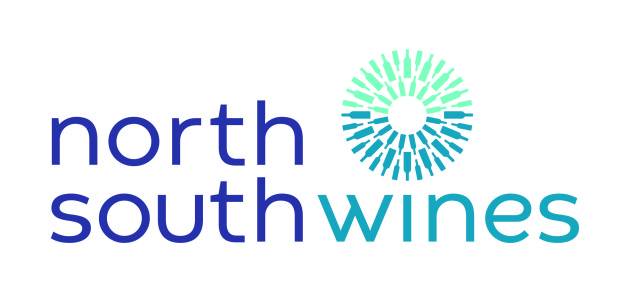
Soapbox: Storytelling and self-sabotage in the wine industry
Ben Franks, co-founder of The Canned Wine Co on how the trade could be attracting talent and investment to give wine a much-needed boost.
The wine industry has a love affair with self-sabotage. We’re told “no one makes money in the wine trade”, that it’s a “lifestyle business”, with its gatekeepers in pulled-up red trousers whiling away the afternoon in gentlemen’s clubs.
“How do you make a million quid in the wine trade?” the joke goes. “You start with £2m and plant a vineyard” comes the reply.
- Read more: SWAs full results revealed for 2024
You may shrug this off as self-deprecation, and you’ll certainly find plenty of anecdotal evidence from wine merchants up and down the country implying that scraping a living from wine is anything but easy. But that’s part of the problem. As a wine merchant you become comfortable in ‘getting by’ because that’s how it goes when everyone is telling you there’s no money to be made. You stop innovating, writing business plans or searching for investment. It’s a lifestyle business after all and no one wants to be square-eyed from inputting formulas into spreadsheets and writing pitch decks.
Talking about the wine trade like it can only be a hobby venture is at odds with the successes happening all around us. You have Coterie Holdings buying the increasingly successful Hallgarten & Novum wholesaler; the juggernaut distributor C&C Group that keeps driving forward; institutions like Berry Bros. & Rudd or Tanners; powerhouses like Direct Wines; and a plethora of British press from Decanter and Harpers to Drinks Business and The Buyer.
The UK has become a beautifully diverse and multicultural hub of choice for wine drinkers, with bottles, cans, boxes, kegs and all sorts from every corner of the world. You have mid-sized ambitious importers like Wanderlust Wines raising money and investing in bringing truly exciting wines to market. And as people drink less we respond with a burgeoning start-up culture of low & no brands that shake up the market and give customers what they want.
Despite this, the WSTA’s recent market report (March 2024) shows all styles of wine continue to suffer a steady decline in volume. There is nominal growth in value, which used to suggest people were drinking less but trading up, but with the rocketing costs of glass, packaging and duty increases the price rise is no longer a reliable indicator of consumers buying better.
And yet the wine and spirits market is still worth a whopping £23.7bn, and faced with the pressure of complicated duty changes the trade has come together to unite and lobby governments new and incoming to protect wine businesses. We should be proud of our contribution to the UK economy and do more to publicly celebrate our success – not just to friends in the trade but in the wider community.
↓
Next-gen trade
It is not just a self-imposed wall that small- to medium-sized wine merchants suffer from. Even our communicators – those prolific social media posters and bloggers who are educating the next generation of wine lovers – are largely working for free. Despite the value they add for brands, the currency is traded in press trips, samples and dinners. Some grow and some can begin to charge for their time, but it won’t be long before they’re hounded by the rest of the trade for lacking independence as all our colleagues busy themselves chasing tails over the right way to disclose relationships online. It is almost as if we’ve forgotten years of wine writers being pampered and entertained offline in return for a good word or two, but today everyone is a critic.
We manage to pioneer and celebrate wine education with great institutions like the WSET, through thousands of hosted tasting events by passionate winos, and through popular films like SOMM, and yet when we want to communicate with the average wine drinker we choose to intimidate them. We throw a study book at them stuffed with geology and weather patterns, technical chemistry stats and long lists of unpronounceable names.
Yes, I know, this is what’s exciting about wine: there’s so much to learn. But what was truly exciting to you when you first found that excitement and love? It was probably your host’s passion for a bottle, or a story about the winemaker, or maybe a holiday where you sipped something glorious with someone you love? Why have we forgotten the language of emotion when we talk about and sell our wines?
This systematic self-sabotage even creeps into our language. Beer is (or at least was) celebrated for its artisan craft and small business innovation; whereas wine’s rebellion was called ‘natural wine’ – as if the wines we’d been drinking were all dirty or artificial. I get that it reflects low intervention from the winemaker, but on face value to the consumer it is ‘holier than thou’ rather than celebratory.
I am sure if we spent more time on positive storytelling, we could attract talent and invest-ment that sustains the growth in value and consumer confidence in drinking better wines. People buy from people, and the more we can return to building those connections the more trust consumers and investors will have in our trade. The result would be a market that drinks better, promotes moderation and continues to drive investment into the careers we all love.





